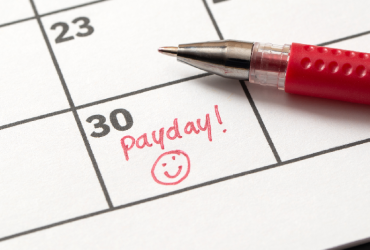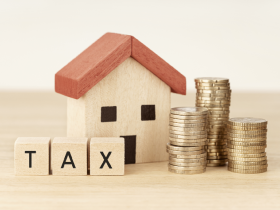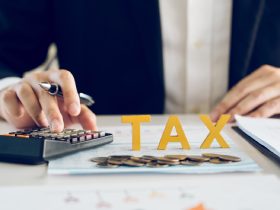Archives
- September 2025
- August 2025
- July 2025
- June 2025
- May 2025
- April 2025
- March 2025
- February 2025
- January 2025
- December 2024
- November 2024
- October 2024
- September 2024
- August 2024
- July 2024
- June 2024
- May 2024
- April 2024
- March 2024
- February 2024
- January 2024
- December 2023
- November 2023
- September 2023
- August 2023
- July 2023
- June 2023
- May 2023
- April 2023
- March 2023
- February 2023
- January 2023
- December 2022
- November 2022
- October 2022
- September 2022
- August 2022
- July 2022
- June 2022
- May 2022
- April 2022
- March 2022
- February 2022
- January 2022
- December 2021
- November 2021
- October 2021
- September 2021
- August 2021
- July 2021
- June 2021
- May 2021
- April 2021
- February 2021
- December 2020
- November 2020
- October 2020
- February 2020
- December 2019
- November 2019
- October 2019
- August 2019
- July 2019
- June 2019
- May 2019
- April 2019
- March 2019
- February 2019
- January 2019
- December 2018
- November 2018
- October 2018
- September 2018
- August 2018
- July 2018
- June 2018
- May 2018
- April 2018
- March 2018
- February 2018
- January 2018
- December 2017
- October 2017
- September 2017
- August 2017
- July 2017
- June 2017
- February 2017
- December 2016
- November 2016
- October 2016
- September 2016
- July 2016
- May 2016
- April 2016
- March 2016
- February 2016
- January 2016
- December 2015
- July 2015
- June 2015
- April 2015
- March 2015
- February 2015
- January 2015
- December 2014
- November 2014
- October 2014
- September 2014
- August 2014
- June 2014
- May 2014
- April 2014
Categories
- Accounting
- Accounting Services
- Amazon
- Bookkeeping
- Business News
- Car and travel
- Cheap Accountants
- Construction Industry Scheme
- Contractors
- Corporation Tax
- Do I Need an Accountant?
- eBay
- Ecommerce
- Employer
- Expenses
- Financial Reports
- Finding an Accountant
- Finding Funding
- Freelance
- Growing your business
- HMRC
- IR35
- Limited Companies
- Making Tax Digital
- Managing employees
- National Insurance
- Outsourcing
- PAYE
- Payments and Invoicing
- Planning
- Property
- Security and GDPR
- Self Assessment
- Small Business
- Social media and marketing
- Software
- Sole Traders
- Staff Perks
- Starting a Business
- Sustainability
- Switching
- Tax
- Tax Returns
- VAT
- Working from home














